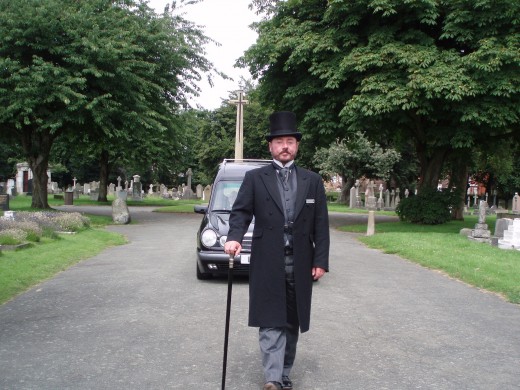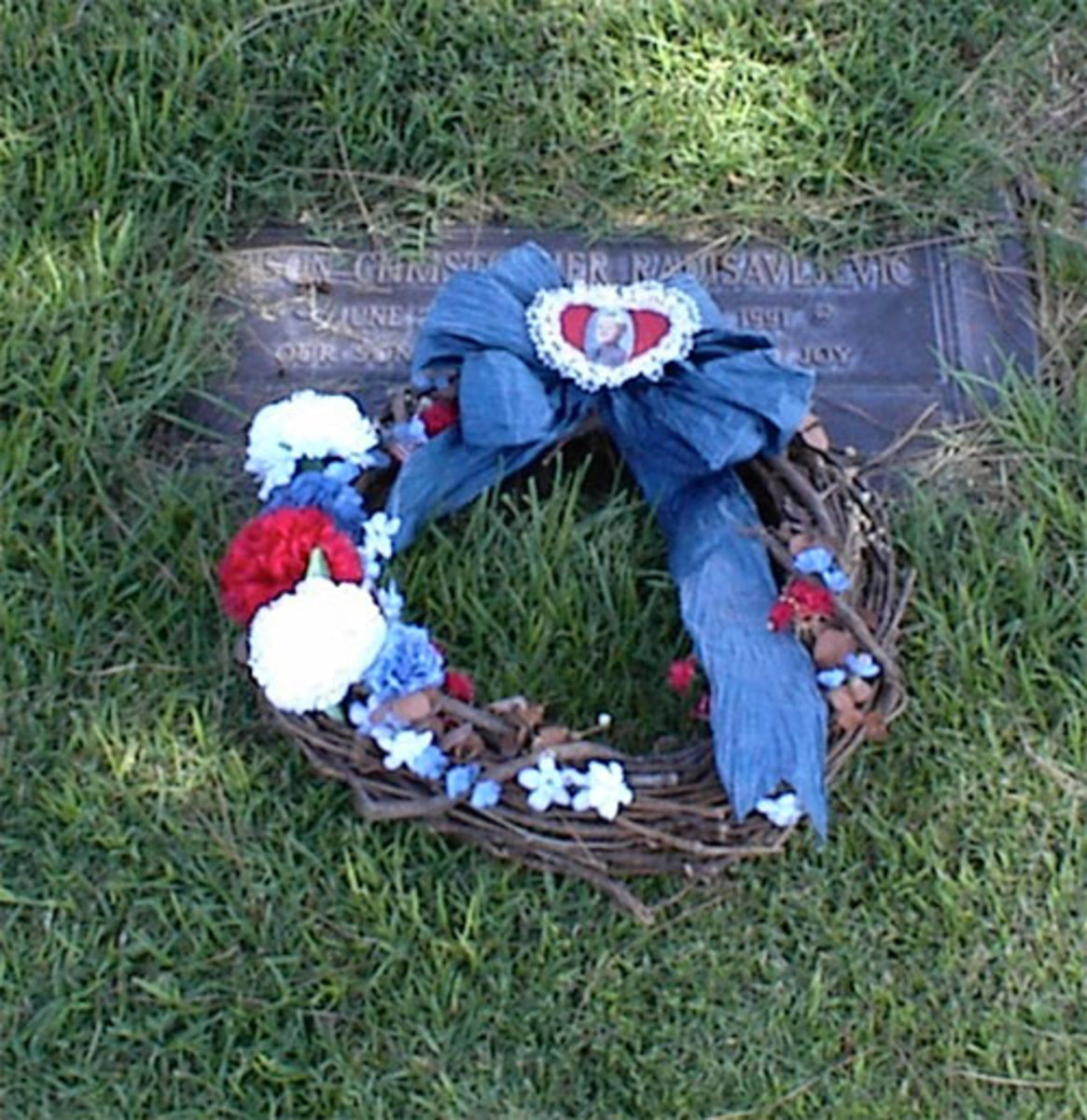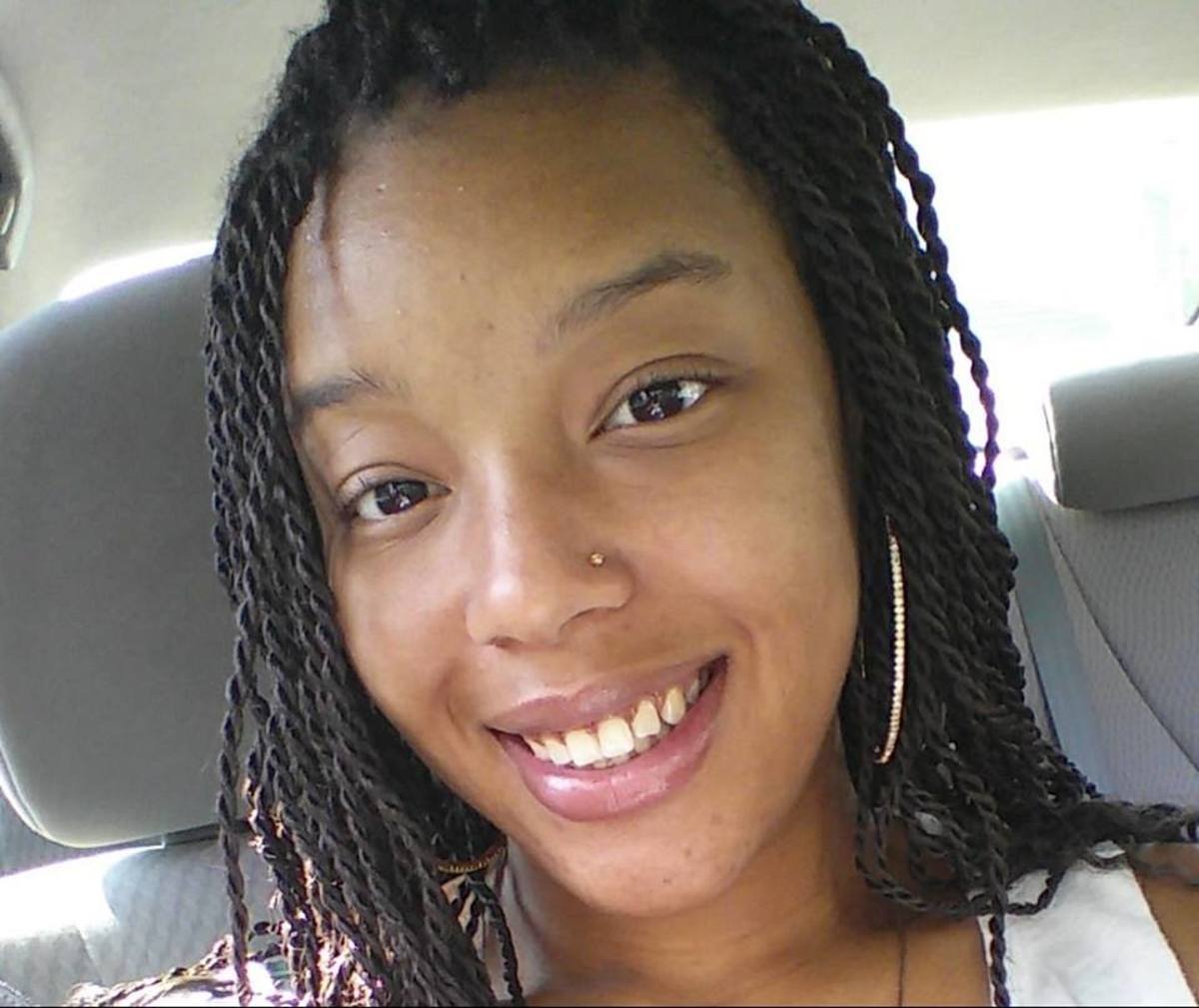Death Dilemmas
Death Etiquette
When a person dies, the fabric of society tears. Everyone who knew the deceased is affected by their loss. All living creatures instinctively try to avoid pain and discomfort. People are no exception, and this is normal. Nobody wants to feel sore or awkward, but dealing with death cannot be avoided. We will all mourn loved ones at intervals in our lives, and this will only end when our own lives end.
There is no right or wrong way to deal with death. Etiquette is the same as it is in other life situation - Treat others the way we would like, (or think we would like) to be treated in the same situation.

Tradition and Ritual
Traditions and rituals evolve to meet social needs. They guide behaviour in times of trouble, and provide a safety net by managing expectations. Until recently, most people in a community shared the same faith. The church played an active role in most hallmark moments - Death being one of the most important.
The priest or pastor was present from the deathbed to the grave. He directed the funeral arrangements, but also calmed, comforted and counselled the bereaved, offering pastoral and community care.
Concerns were discussed in confidence, advice was given and any problems were addressed. Support or help could be channelled through the church and delivered anonymously.
Nowadays, faith and belief systems differ broadly within communities and even families. Death reminds us of our mortality. It is a time when faith is vitally important to people who have a belief. Not knowing the faith, if any, of a bereaved person can complicate an already difficult situation. Emotions are heightened after a death, and a crisis of faith often exasperates things. Fear, confusion and questioning are part of most mourning journeys. It is not unusual for bereaved people to revisit the religion and beliefs that they grew up with.
Care and consideration are universal values. Some small actions do show respect and kindness irrespective of a person's faith during times of loss.
- Food. Shopping and cooking are difficult during times of trauma. Heat and eat food is often very welcome.
- Close your curtains on the day if the service, memorial or funeral. This is an accepted sign of respect.
The Bereaved
Who has been bereaved?
The Service
If you are attending a service, do read the notice carefully. It should tell you the time, place and whether or not flowers would be welcomed. It is common for donations to a charity or cause to be preferred.
The venue does not necessarily indicate the type of service, but the person conducting the service might provide more information. Services are often personalised, and can vary from traditional to a celebration of the life of the deceased. Check for any information about the dress code. If nothing is stated, then opting for smart casual in a muted colour combination is the safest. If the service is a faith service which is different to your own then time spent familiarising yourself with the flow of the service will enable you to engage with the proceedings instead of concerning yourself with the form.
What to Do and Say
People are unique. After experiencing a loss, personalities can be stripped bare. It can be awkward to know what to do for and say to a bereaved person. It can be tempting to avoid interacting with them,but death is part of the circle of life and bereaved people need a lot of support during this sad period in their lives.
DO
- Listen. Actively listening will help you to learn small things that might make huge differences.The bereaved person knows that they are hurting, vulnerable and possibly behaving out of character. They sometimes hint at what sort of help they need. For example, they might mention the time and that they haven't started cooking yet, or that they don't know how they can drive with teary eyes. Listening properly, without making assumptions, can identify ways in which you could be truly helpful.
- Make tea, or a hot drink. There is something about the sound of a kettle that has soothed everything from 'flu to the pains of childbirth since society began.
- Ask if you can offer practical help, like getting in some shopping or writing some card. Use your judgement. Some people find that keeping busy helps them to cope.
- Do let the bereaved person talk.People sometimes make sense of a difficult situation by talking about or around it. It helps them to accept the reality of how their life might change.Try not to intervene with positive thoughts. There will be time for that later.
- As more time passes, if the grieving process seems to become something else, then gently suggest the bereaved gets some professional help. The support that was provided by the church was necessary and did have a purpose. If it is absent, then support can be secured from other sources like a GP, talk therapy or a faith service.
What not to Do and Say
We all experience loss at some point. Our experience of our own loss can be useful when trying to help another person, but with a recent loss, the wound is very raw. It might be that you have valuable insight into how the other person is feeling, but mostly we forget the sting of those early days.
Don't
- Speak about your losses unless the bereaved asks about your experience. Every loss is different, and this is a sensitive time. Let the bereaved person set the tone, pace and content of your interactions.
- Take responsibility for how another person is feeling. This is not your journey, and you can only look on and help if you find there is something that you can do that might be helpful.
- Relive your own past trauma. Your grieving process has had its time. if you continue to struggle with old emotions around a loss, then it might be useful to seek help.
- Assume that something that helped you will help another. Although loss and grief is common to us all and a natural process, we have different values and personalities. Grief cannot be fixed nor fast tracked. In supporting another person, we can only offer our presence and our time.
- Telling someone that you know how they feel is unhelpful. Asking them how they feel is also unwise.They are shattered, afraid and probably in shock.
One More Day. A song by Don Clarke
Remember it's Harder for them than it is for you
One of the biggest challenges following the loss of a loved one is dealing with the people around you. We don't want to display too much emotion, feel numb with shock, and are likely prone to emotional outbursts. We feel totally out of control. Still, no matter how much we hurt, we often have to comfort other family members as well. We might feel like a part of us died with our loved ones, but our responsibilities didn't. It is one of the very worst times of anybody's life.
We sense that people around us don't know how to respond to us, and yet we cannot help them. We don't know how we want them to act. It is a struggle to respond to our own needs and duties.
Things do improve in some ways over time, but grief can last a lifetime. Others forget the deceased person, while it is not unusual for us to feel the loss for the rest of our lives. Grief does evolve, but sometimes into something we can live with, rather than get over.
There are times when just being around to listen is the best service that a friend can offer. We are not broken, but some losses can change us forever. A patient and indulgent listener can make the world of difference to the heartbroken.
We don't need fixing, but having a person who gives us the emotional equivalent of a respectful ear provides a spiritual hug that can help us to feel safe enough to start making sense of ourselves again.
If you really want to help another person through the worst of times, just be available. They need you. A lot.








